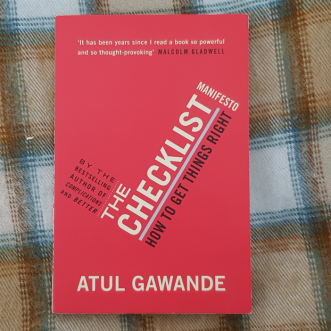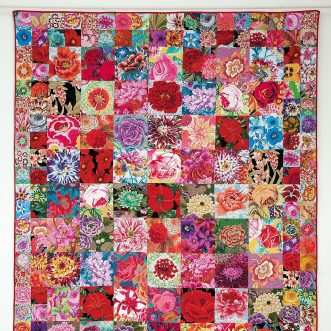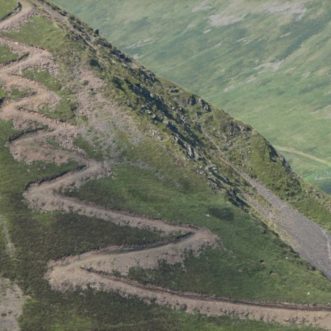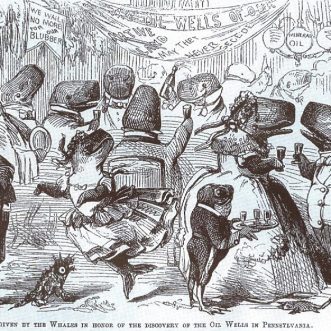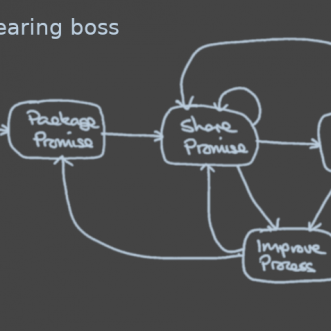
Between 3 and 300
It’s a classic story of how many small businesses grow, and then shrink again.
As the founder, you do everything. You do the sales and marketing to get clients, you enrol them, and you deliver the service to them once they’re on board. Gradually you refine your hand-crafted offer into a customer experience that is uniquely yours. That most of your clients really love. That you become known for, even though you aren’t the only person or business offering this service.
So you decide to scale up. You add other people – employees, or just as often, specialist freelancers – to help you with delivery. So you can service more clients.
Handing over means systemising the parts of the process other people can do for you, but you retain control of the parts that matter – where the process interfaces with clients. The heart of the customer experience. After all, you are the face of the business. People buy people, and that means you.
At first this is great. You can handle more clients than before, make more profit than before. So you take on more collaborators.
But all too soon, it becomes too much. Suddenly you are working harder than anyone else. You feel obliged to keep your collaborators fully occupied, but that means overloading the backbone – you.
You can’t take holidays, you can barely take weekends. And when you do snatch a break, either it gets interrupted by collaborators or clients, or you come back to extra work. Because nobody else can fulfill your role.
So back down you shrink. Not quite to the one-man band you started as, but to essentially a one-man band with specialist accompaniments, dealing with a limited number of lucky clients each year.
In principle, there is nothing wrong with this. Of course not. It’s your life, your business, you decide how you want to live it.
But if you dream of making a bigger impact, you might like to know there is another way. That doesn’t involve ‘going corporate’. That doesn’t mean building a machine, losing the personal feel of your business completely.
The choice isn’t between 3 people and 300. Between being a freelancer or being a tycoon. Between being human and being corporate.
It’s possible to systemise your personality, your values, your unique customer experience into a small business that can scale without losing its humanity. And without killing you in the process.
You just have to go about it in a different way.
By building your business as a system for making and keeping promises to the people you serve. A system run by and for humans, not machines. A system that enables everyone to be a Boss, so that any one of you can take a break when you need to.
Luckily for you, I’ve worked out how to do this over a year-long programme. My clients have reaped the rewards.
It’s called The Disappearing Boss.
And from September you’ll be able to do it yourself, as part of The Disappearing Bosses Club.
Discipline makes Daring possible.

